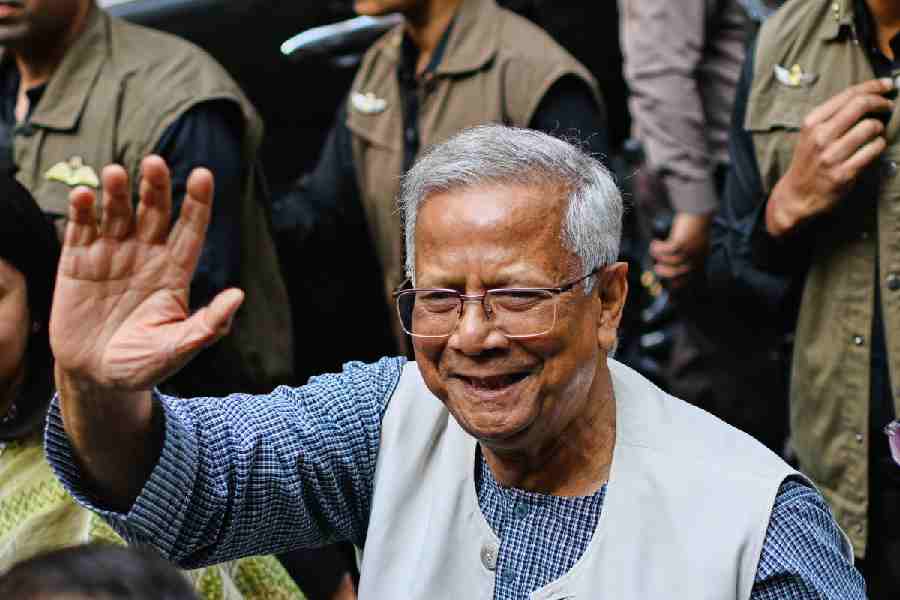Accountability and advertisement rarely go hand in hand. In order to remedy this malpractice, the Centre has tightened the norms for product endorsers, including celebrities and sportspersons, under the Consumer Protection Act. The new guidelines on the Prevention of Misleading Advertisements and Endorsements for Misleading Advertisements, 2022 have made it mandatory for endorsers to disclose material connection and exercise due diligence for the products they are promoting, prohibit surrogate advertisements, and has laid down specific rules for advertisements involving children or child products. Failure to adhere to these guidelines will attract a penalty under the CPA — Rs 10 lakh for the first offence and Rs 50 lakh for a subsequent offence. This is a welcome step. It should introduce an element of accountability among promoters — no matter how famous — of products.
Ideally, advertisements should reflect honest appraisals by endorsers and convey the experiences of consumers unambiguously. But the market has little respect for ideals. Consequently, advertisements and celebrity endorsements have accommodated chicanery and, as a result, have often courted controversy: in 2015, responding to a petition, the Tamil Nadu consumer forum had slapped notices on several actors for endorsing Maggi, which was then facing charges of adulteration. It is true that celebrities may not be fully knowledgeable about the products they endorse. The government has now sought to address this lacuna with a tweak in these rules. This is, however, not the first time that the government has contemplated intervention. In 2016, a panel of a group of ministers headed by the then finance minister had suggested strict fines and bans on those promoting misleading products. The concern is not unwarranted. Research shows that consumers tend to find celebrity endorsements more attractive and influential, even though a later study has found that 50.5 per cent of respondents are sceptical about endorsements by either social media influencers or traditional celebrities. Nevertheless, public awareness and the ability to discern the credibility of a product are uneven across socio-economic strata. The responsibility of raising this awareness ought to be collaborative. While the government must tighten the regulations, celebrities too must do their bit to help sell products in a responsible manner.










